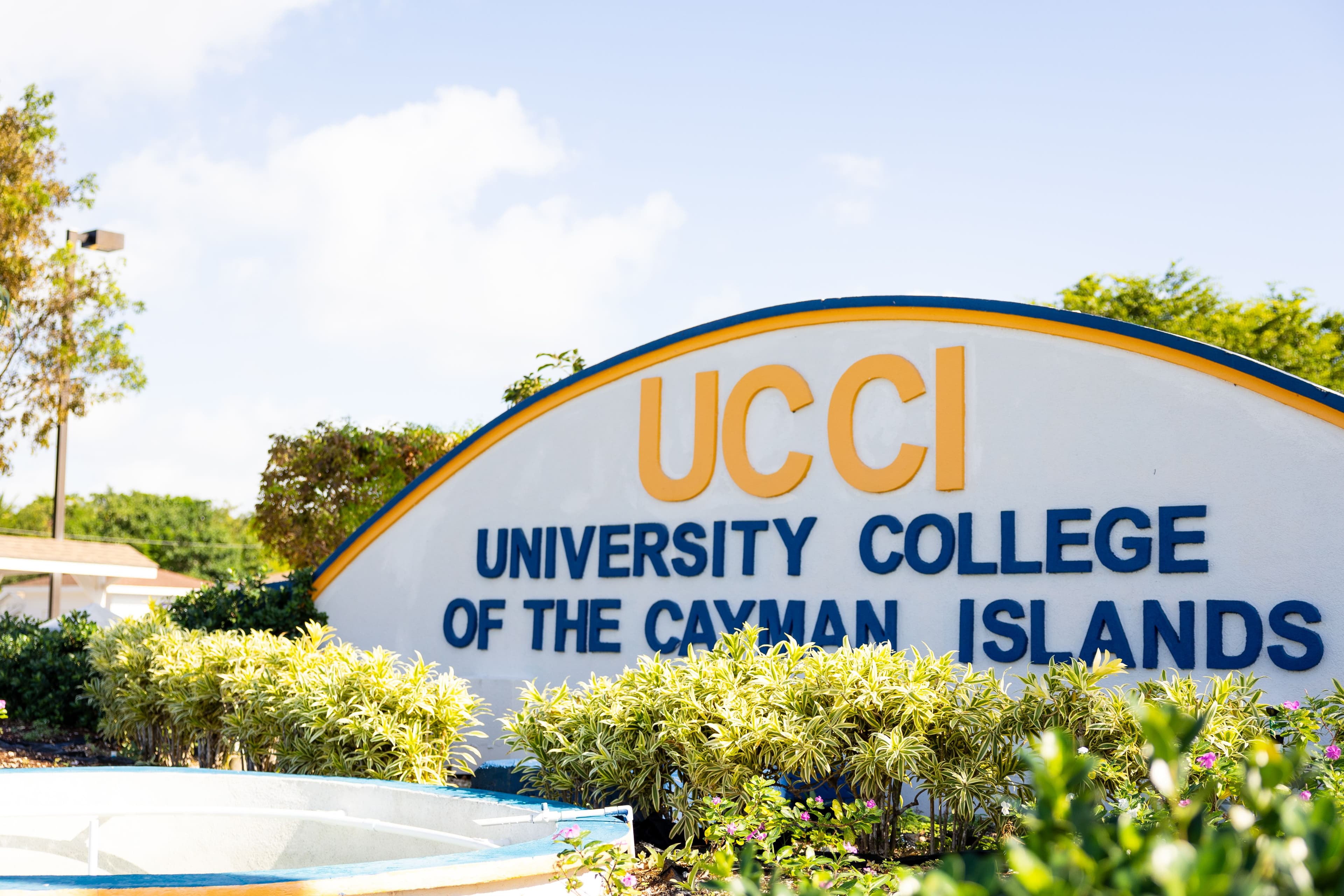The University College Law establishes a bicameral governance structure, separating fiscal and academic responsibilities between the Board of Governors and the Administrative and Academic Committee, each with distinct powers and supporting sub-committees.
This dual structure fosters self-governance by incorporating input from internal and external stakeholders, enhancing transparency and inclusivity. The Board of Governors may request the Administrative and Academic Committee to submit decisions for approval when roles overlap.


While governance plays a critical oversight role, the operational leadership rests with the President, serving as the chief executive officer. The President, alongside the President’s Cabinet, is tasked with shaping UCCI’s strategic direction, developing policy proposals, and implementing approved strategies. This collaborative approach ensures that governance remains focused on strategic guidance, while the President and senior management execute the day-to-day administration.
UCCI’s governance framework emphasizes collective and individual responsibility, requiring members to act in the College’s best interest and defend its independence. This model strengthens the institution’s public image and ensures it remains responsive to both current and future educational challenges.

The Board of Governors which meets monthly has the power to control and exercise general supervision of the affairs, functions, purposes, policy and property of the College.
The Board’s responsibilities are conducted through a set of committees with clear accountability and delegated authority for advice, oversight or approval. The Board determines those matters it requires the Administrative and Academic Committee to also submit for approval by the Board where those matters cut across the distinctive roles of the two bodies.
The Board’s Terms of Reference set out further details.
See detail of the Board’s legal responsibilities.
The Board membership consists of the President, who shall be a member ex-officio, and the following other members each appointed generally for three years by the Governor.
* Voting members pursuant to Sections 9.(6)(c) and 24.(b) of The Public Authorities Act (2020 Revision)